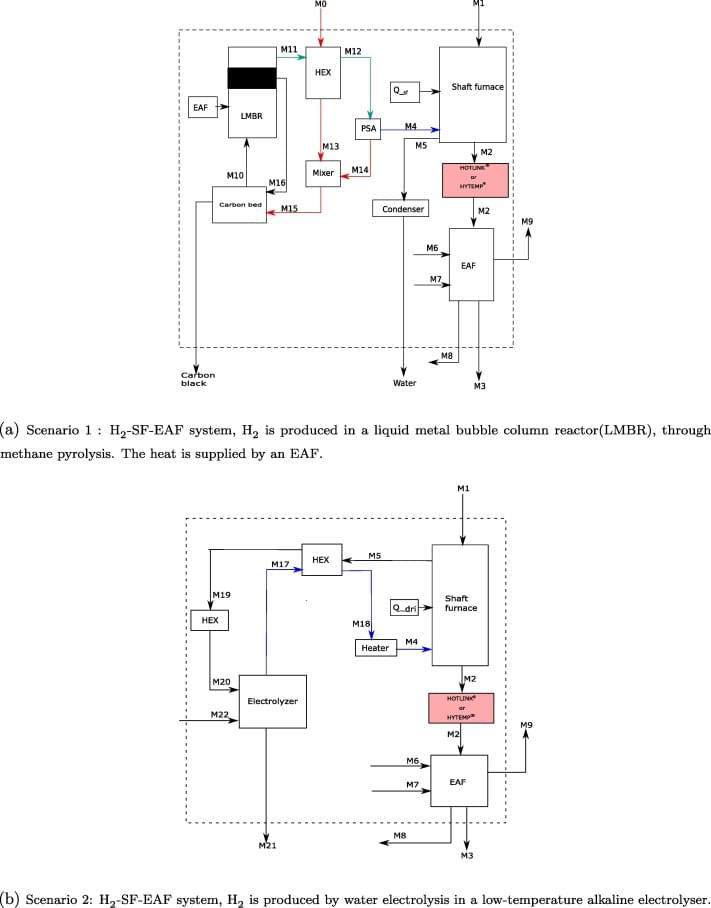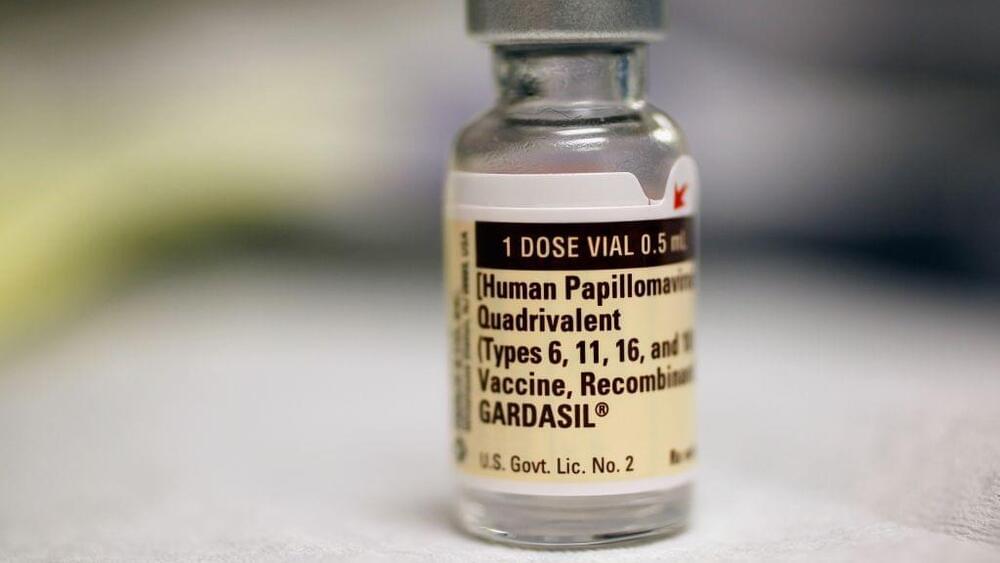Now that Blue Origin’s lawsuit against NASA is over, the agency can work with SpaceX to build its next human moon lander. But it will take a while.


Carbon is not our enemy, but the system is out of balance. Too much as atmospheric gases and too little in the ground and soil in the simplest terms.
Biochar, although not new, has found a new lease of life. A process that generates heat, uses waste, locks away carbon and benefits almost every system to which it is introduced.
After reading it all about it, I just had to share the possibilities and so I compiled what I learnt into a short video for those interested.
Hope you enjoy and have a great day.
Biochar Carbon Capture And Storage.

Huawei hosted a Better World Summit recently in Dubai, that brought together telecom operators from around the world to share insights and discuss ways to achieve the objectives of 5G next-gen networks with environmental sustainability and reaching Net-Zero emissions.
Unlike predecessor technology, 5G is at least 10x faster at launch, unlocks many new use cases from edge computing and network slicing, to scaled IoT deployments not possible with 4G. GlobalData expects 5G services to exceed $USD 640 billion by 2026 and penetration will exceed 50 per cent.
There is a paradox. The rise in data traffic is increasing energy costs and carbon emissions. For example, if the average data traffic, per user, per month reaches 630 Gigabytes by 2030 (industry estimates) and if network efficiency stays the same, then the average power consumption from networks will also increase by at least 10-fold. This runs counter to the goals of the GSMA for Net-Zero by 2040 as well as many individual MNOs with their own ESG targets, often more ambitious than industry targets.


Circa 2021
Decarbonisation of the iron and steel industry would require the use of innovative low-carbon production technologies. Use of 100% hydrogen in a shaft furnace (SF) to reduce iron ore has the potential to reduce emissions from iron and steel production significantly. In this work, results from the techno-economic assessment of a H2-SF connected to an electric arc furnace(EAF) for steel production are presented under two scenarios. In the first scenario H2 is produced from molten metal methane pyrolysis in an electrically heated liquid metal bubble column reactor. Grid connected low-temperature alkaline electrolyser was considered for H2 production in the second scenario. In both cases, 59.25 kgH2 was required for the production of one ton of liquid steel (tls). The specific energy consumption (SEC) for the methane pyrolysis based system was found to be 5.16 MWh/tls. The system used 1.51 MWh/tls of electricity, and required 263 kg/tls of methane, corresponding to an energy consumption of 3.65 MWh/tls. The water electrolysis based system consumed 3.96 MWh/tls of electricity, at an electrolyser efficiency of 50 KWh/kgH 2. Both systems have direct emissions of 129.4 kgCO2/tls. The indirect emissions are dependent on the source of natural gas, pellet making process and the grid-emission factor. Indirect emissions for the electrolysis based system could be negligible, if the electricity is generated from renewable energy sources. The levellized cost of production(LCOP) was found to be $631, and $669 respectively at a discount rate of 8%, for a plant-life of 20 years. The LCOP of a natural gas reforming based direct reduction steelmaking plant of operating under similar conditions was found to be $414. Uncertainty analysis was conducted for the NPV and IRR values.
Many of the world’s top surgeons are learning first-hand what they can do with surgical robots — and it’s unlocking a new era in health care.

A team of physicists and engineers at Lawrence Berkeley National Laboratory (Berkeley Lab) successfully demonstrated the feasibility of low-cost and high-performance radio frequency modules for qubit controls at room temperature. They built a series of compact radio frequency (RF) modules that mix signals to improve the reliability of control systems for superconducting quantum processors. Their tests proved that using modular design methods reduces the cost and size of traditional RF control systems while still delivering superior or comparable performance levels to those commercially available.
Their research, featured as noteworthy in the Review of Scientific Instruments and selected as a Scilight by the American Institute of Physics, is open source and has been adopted by other quantum information science (QIS) groups. The team expects the RF modules’ compact design is suitable for adaptation to the other qubit technologies as well. The research was conducted at the Advanced Quantum Testbed (AQT) at Berkeley Lab, a collaborative research program funded by the U.S. Department of Energy’s Office of Science.

A decade ago, a London cancer prevention researcher predicted that the United Kingdom’s national HPV vaccination campaign would take more than 15 years to prevent a majority of cervical cancers. So when he analyzed the data this year, he was stunned to find that the vaccine may already have nearly eliminated cervical cancer in the U.K. among young women.
“If this is right,” Peter Sasieni of King’s College London said of his findings, cervical cancers “could be reduced to about 50 – just 50 cancers in the whole of the U.K. for women under 30. It’s really quite exciting to see that day come – excitement and just joy.”
That joy was tempered with envy in the United States, where some of Sasieni’s peers lamented that the HPV vaccination rate for teenage girls lags far behind — about 59% in the U.S. vs. more than 85% in the U.K. The analysis, published last week in the Lancet, suggests the U.K. has notched a major public health victory against cancer through vaccinating the vast majority of young women against HPV, said Allison Kempe, a pediatrics professor at the University of Colorado School of Medicine who did not work on the study.

Health Canada is updating the labels for the AstraZeneca and Johnson & Johnson COVID-19 vaccines to add immune thrombocytopenia (ITP), an autoimmune condition, as a potential side effect.
In a statement on Tuesday, the agency said very rare cases of ITP have been reported internationally after receiving the Vaxzevria (AstraZeneca) and Janssen (J&J) COVID-19 vaccines.
ITP is a disorder that can cause easy or excessive bruising and bleeding, which results from unusually low blood platelet levels.

Cracked phone screens could become a thing of the past thanks to breakthrough research conducted at The University of Queensland.
The global team of researchers, led by UQ’s Dr Jingwei Hou, Professor Lianzhou Wang and Professor Vicki Chen, have unlocked the technology to produce next-generation composite glass for lighting LEDs and smartphone, television and computer screens.
The findings will enable the manufacture of glass screens that are not only unbreakable but also deliver crystal clear image quality.